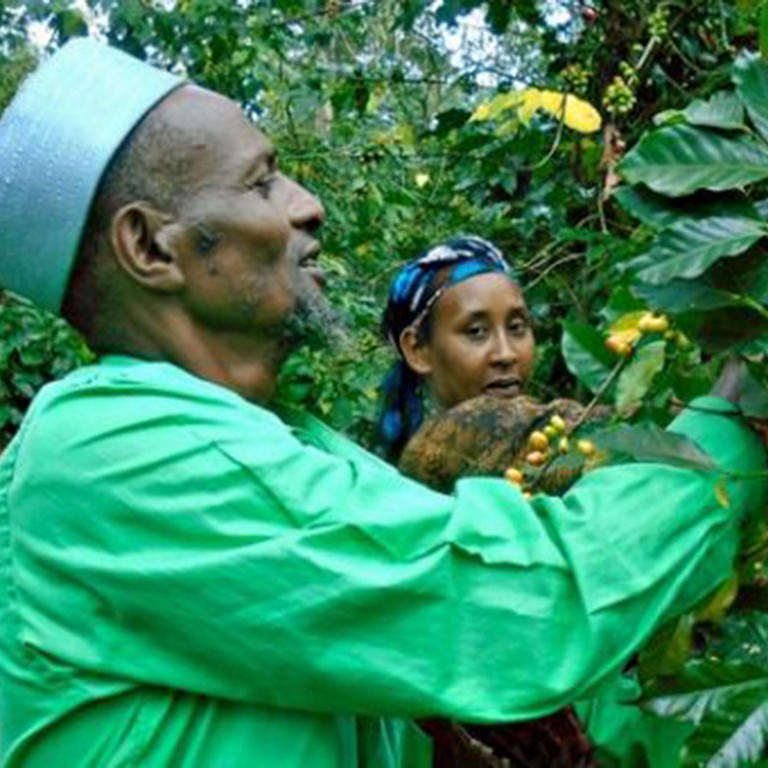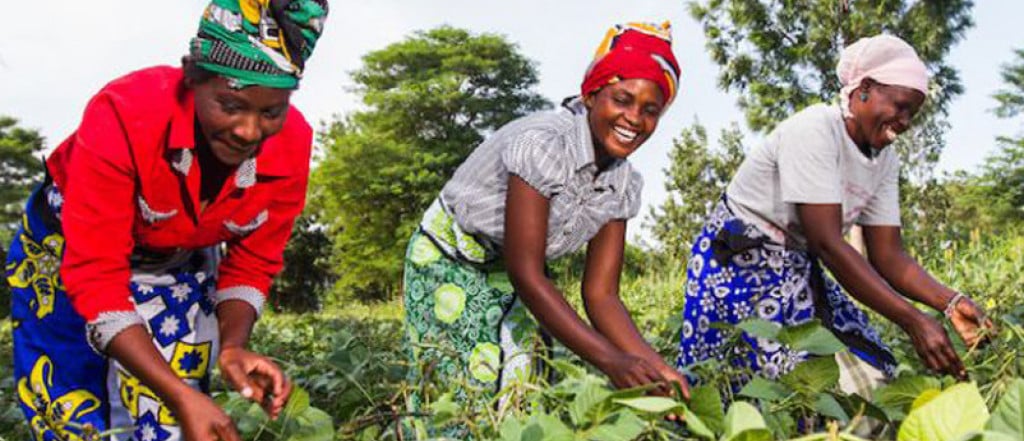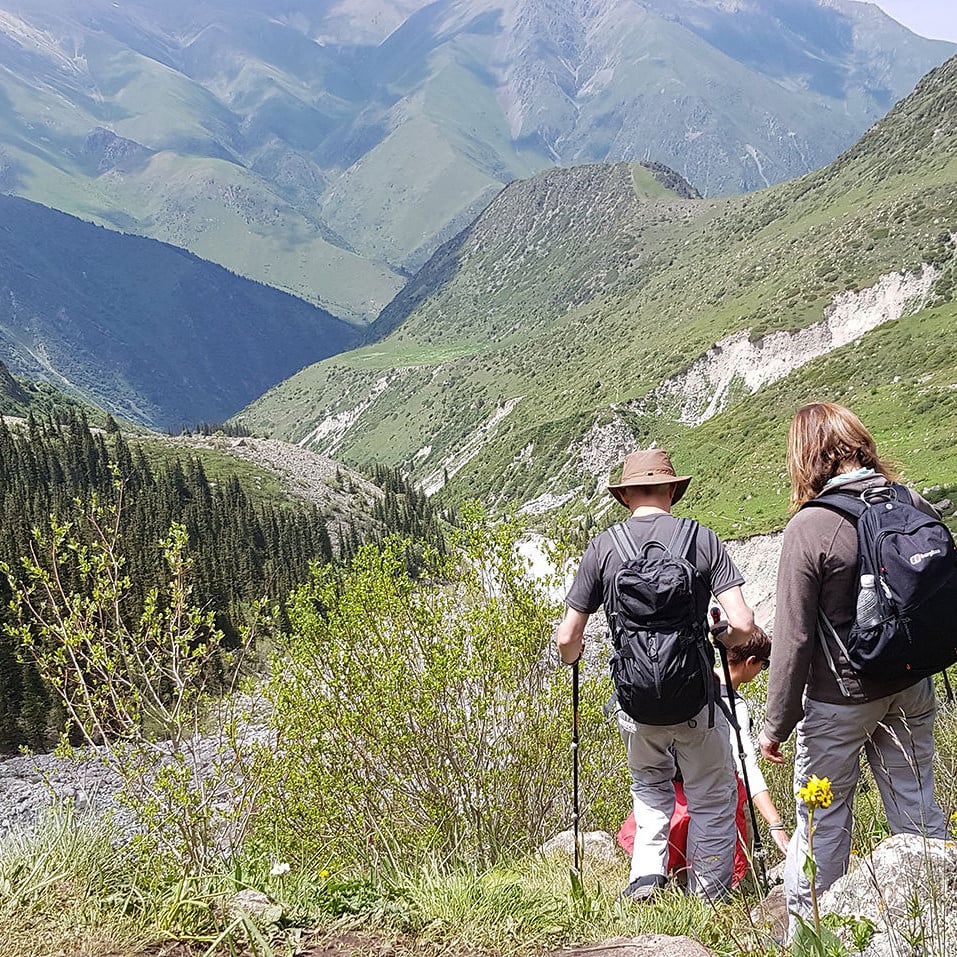Farm Africa is an international NGO working to build a prosperous rural Africa. They help farmers to increase their harvests and build their incomes while sustaining and protecting the environment. They work closely with local communities, who actively participate in decisions about their work, and partner with governments and the private sector to find the most effective ways to fight poverty. Around 80-85% of Ethiopians are engaged in agriculture, mainly in subsistence and rain-fed farming and livestock production. However, over a third of the population doesn’t have enough nutritious food to eat. Frequent drought, a lack of training and equipment for farmers, and poor access to markets make it difficult for them to earn a living.

Projects in the Bale Mountains
Ethiopia’s Bale Eco-region is an area of unique ecological significance. The Eco-region is home to Africa’s largest expanse of Afro-alpine habitat and species of flora and fauna that are not found anywhere else on Earth.
Farm Africa has worked in the region since 2006 with several projects focused on protecting this unique eco-system, and the livelihoods of those communities who rely upon it for their agricultural, pastoral or forest-based livelihoods. They’ve helped farmers earn an income from various forest-friendly businesses, such as beekeeping and wild coffee harvesting enterprises.
In 2012, Farm Africa helped the forest community in Bale establish a REDD+ scheme to enable them to earn additional income from the sale of carbon credits for avoided deforestation. Between 2012 and 2015, a total of 12,496 hectares of forest was saved, which is equivalent to taking 1.2 million passenger vehicles off the road for one year.
Tahrir’s story
Tahrir lives in the Bale Eco-Region. He used to struggle to earn an income from collecting wild coffee from the forest and he was often forced to cut down precious trees and sell their wood to supplement his income.
But Tahrir’s situation changed when he participated in one of Farm Africa’s projects in the region. Along with other members of his farming cooperative Tahrir received training in coffee harvesting methods and was given a wire mesh bed on which he could dry his coffee cherries before selling them, adding significantly to their value. He now understands the importance of quality control: "Before, I used to pick the red and the green cherries, and we would dry them on the earth. Now I have learnt to pick the red berry, and we dry them on a wire mesh.”
Tahrir now sells his coffee for up to 50 Ethiopian birr per kg - double his previous income! And crucially, he no longer has to resort to felling the precious forest in order to provide for his family. He has invested his additional income in his children’s education, and a new family home with a weatherproof iron roof.
To find out more about Farm Africa’s work and how you can support it and communities like Tahrir’s, visit www.farmafrica.org/BaleEcoRegion
















